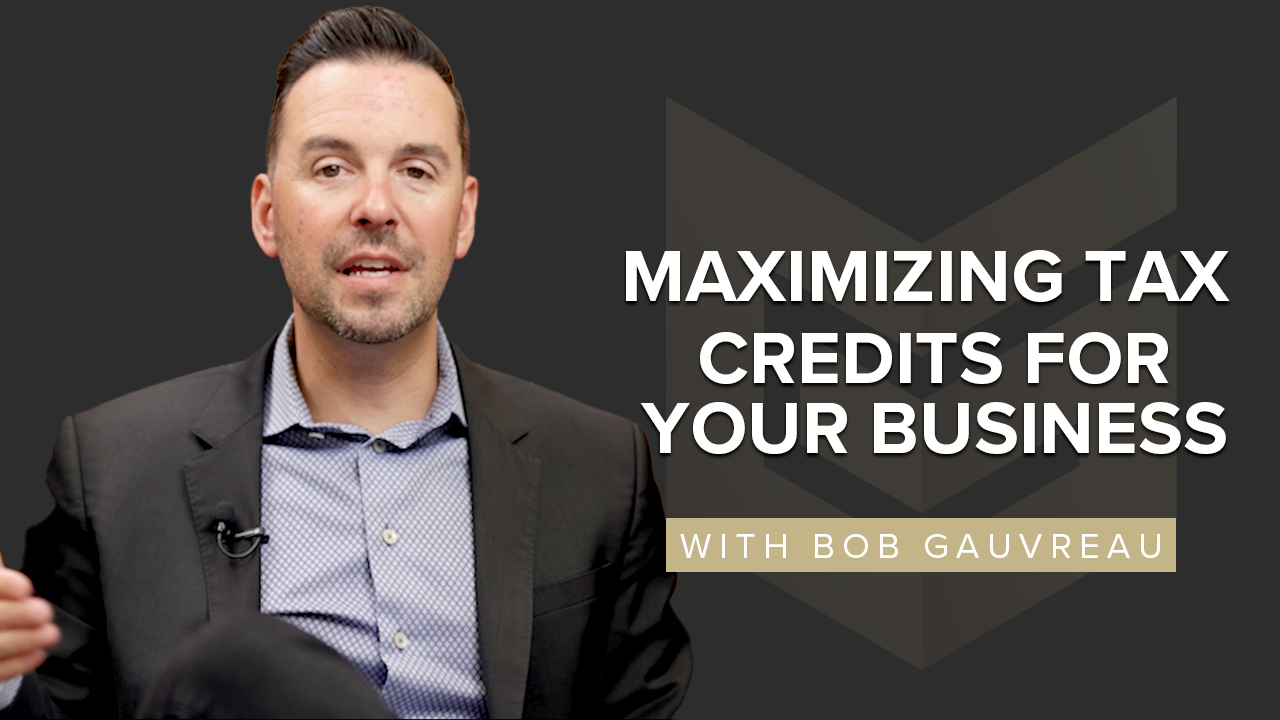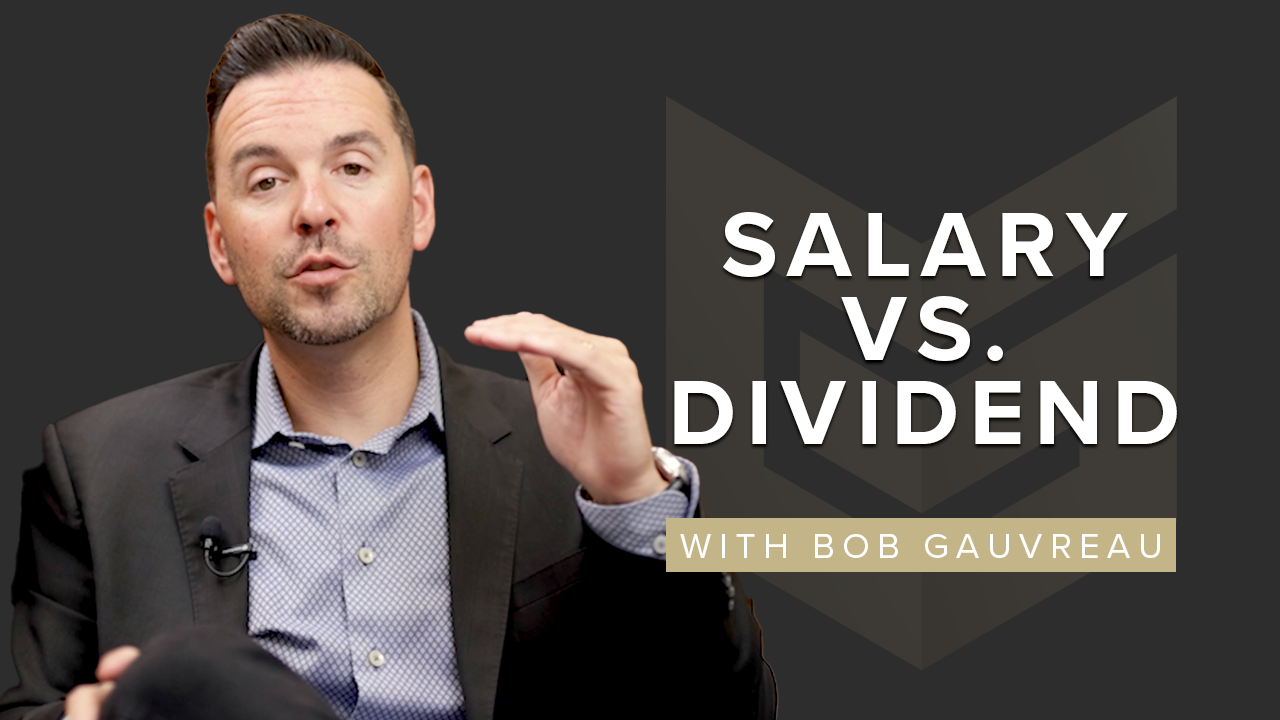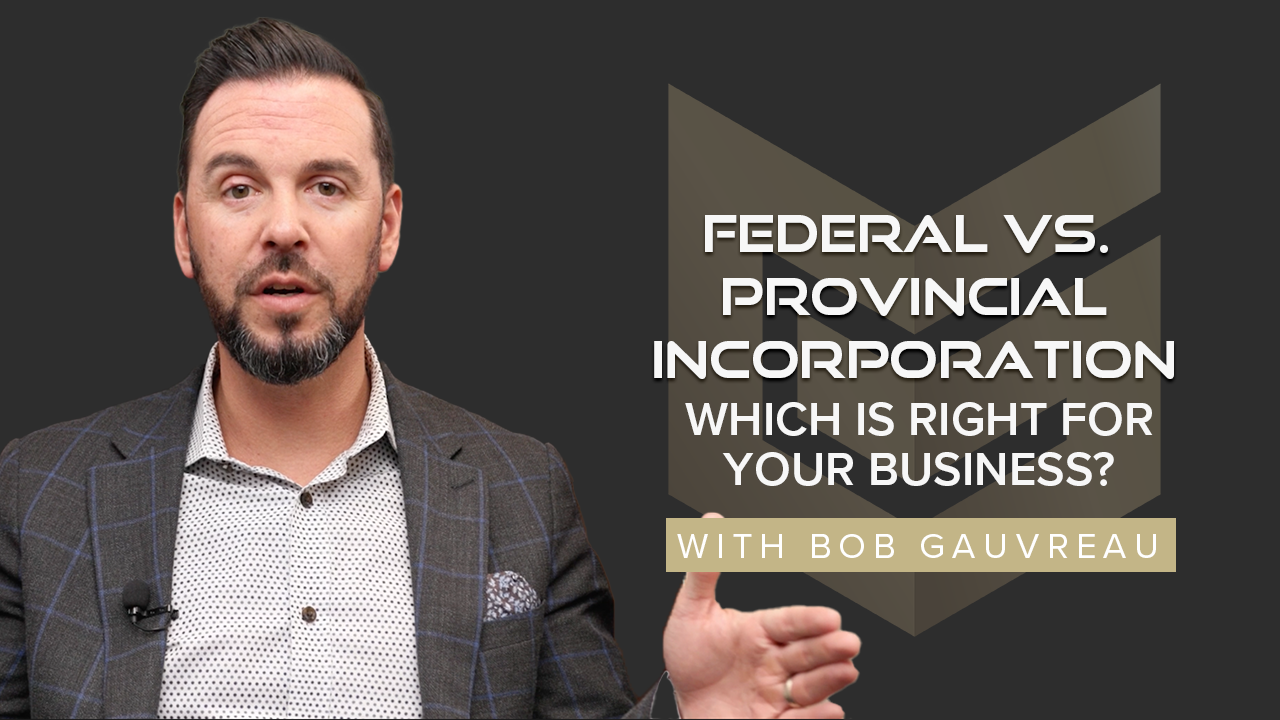1 min read
Maximizing Tax Credits for Your Business: Proven Strategies for Optimal Savings
Let's delve into the world of tax credits within your business and how you can fully leverage them to minimize your tax burden legally. One...
1 min read
 Gauvreau Accounting Tax Law Advisory
Jul 30, 2025
Gauvreau Accounting Tax Law Advisory
Jul 30, 2025
One of the most common questions entrepreneurs ask is:
“Does being incorporated make it easier to sell my business compared to being a sole proprietor?”
The short answer is: it depends. Incorporation doesn’t necessarily make your business easier to sell, but when it comes to the tax consequences of a sale, it can create a significant financial advantage if structured correctly.
The primary benefit of being incorporated at the time of sale comes from one key tax rule: the Lifetime Capital Gains Exemption (LCGE).
In Canada, when you sell the shares of a qualified small business corporation, you may be eligible for the LCGE. This exemption allows you to avoid paying tax on a large portion of the gain from the sale of those shares.
Here’s an example:
Let’s say you’re the sole shareholder of an incorporated company.
You sell the business for $500,000.
Because you’re selling shares (not just assets) of a qualified small business corporation, you can use the LCGE to eliminate tax on the gain.
If you had been operating as a sole proprietor, that same $500,000 sale would be taxed as business income—often at rates around 25% or more. For larger sales, this tax savings becomes even more impactful.
The LCGE is currently in the range of $850,000 to $950,000, and it’s indexed over time. For simplicity, let’s assume a $1 million exemption.
Selling an incorporated business for $1 million could save you roughly $250,000 in taxes compared to selling as a sole proprietor.
Yes. If you’re currently a sole proprietor, you may still be able to take advantage of this exemption by rolling your business into a corporation before the sale. However, this requires careful planning and professional guidance to meet the eligibility criteria.
If you’re thinking about selling your business, the structure matters—and so does the timing. Working with a qualified CPA and tax advisor can ensure you:
Understand whether your business qualifies for the LCGE
Structure the sale in a tax-efficient way
Avoid missing out on hundreds of thousands of dollars in potential savings
Selling a business is one of the most significant financial events of your life. Whether you’re already incorporated or still operating as a sole proprietor, the right structure can dramatically change the outcome.

1 min read
Let's delve into the world of tax credits within your business and how you can fully leverage them to minimize your tax burden legally. One...

2 min read
Let's talk about compensation opportunities for business owners within a corporation. As a business owner, you have two options: you can take...

One of the most common questions business owners ask is whether to incorporate federally or provincially. The answer depends on your...